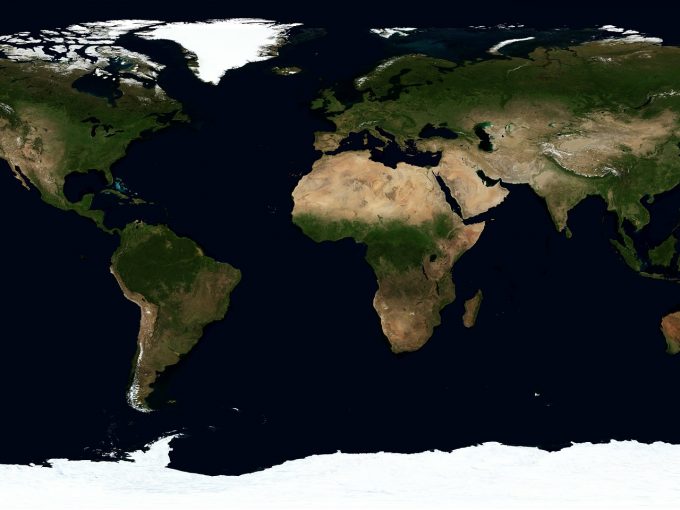A new platform mapping environmental conflicts developed by RMIT urban researchers helps to support just transitions from coal to clean energy without disadvantaging workers and communities.
Resistance against massive coal-mining in Australia and a growing movement for a ‘just transition’ from fossil fuels has enjoyed some success but faces massive challenges, as shown in a new map developed by the Australian Environmental Justice (AEJ) research team at the RMIT Centre for Urban Research (CUR) in partnership with Friends of the Earth (FoE) Australia.
The Just Transition from Fossil Fuels in Australia map is the latest of several featured on the Environmental Justice Atlas (EJAtlas), a global platform mapping environmental conflicts around the world.
Access the new interactive map here: http://ejatlas.org/featured/just-transitions-australia
Associate Professor Anitra Nelson, who leads the AEJ project at CUR says that the database supporting the map offers details of case studies for activists pressuring for a just transition from coal production.
“A ‘just transition’ refers to fast tracking actions that will reduce carbon emissions without disadvantaging workers and communities,” she said.
“A just transition should address the difficulties associated with closing power plants and proposals for expansion of mines and new mines.
AEJ researcher and doctoral candidate who researched most of the case studies Lisa de Kleyn says the map includes a variety of cases of resistance to fossil fuel extraction and use in Australia, but in particular hones in on coal as it is especially dirty and thus the focus of much transitions-activism.
“The interactive map’s cases show local environmental non-government organisations (ENGOs), Indigenous peoples, citizens, communities, scientists, local governments and political parties mobilising around the call for a just transition from coal,” she said.
“Closures of coal production facilities include South Australia’s Port Augusta and Victoria’s Anglesea and the Latrobe Valley — due to lack of economic viability, successful activism, ageing infrastructure and increasing renewable energy supply and demand.
“In 2015, more than half of South Australia’s base load capacity was more than 35 years old.
“When power stations close quickly with little support for communities relying on the local industry, a ‘just transition’ supports retraining for new jobs in clean industries, environmental protection and restorative justice.”
Nelson says current coal extraction and processing have numerous social and environmental costs, including air pollution from dust and pollutants caused by drilling and blasting, excavation, movement of overburden, waste removal and transportation of coal.
“Victorian ENGO Environmental Justice Australia reports that over 3,000 Australians die from exposure to air pollution annually and the cost of coal combustion damage to people’s health is estimated to be A$2.6 billion per annum,” she said.
“Then there are unsafe and insecure work conditions, community powerlessness and the loss of a sense of place when coal production dominates a neighbourhood.
“A critical concern for people worldwide is the contribution of not only coal but also oil and gas production and use to global climate change.”
The map and ten sample case studies are the initial stage of a more detailed and expansive project supporting action research on environmental justice campaigns and providing a forum for publicly documenting cases of environmental injustice in Australia.
“Environmental justice is a frame that is increasingly being used in Australia, particularly in Victoria, in policy, research and activism,” de Kleyn said.
More than 2,290 cases of environmental justice have been mapped on the EJAtlas’ interactive database, identifying and providing details of socio-environmental conflicts worldwide.
The EJAtlas is expanding through the three-year ACKnowl-EJ project funded by the International Social Science Council. ACKnowl-EJ focuses on the transformative potential of citizen movements, “participatory” approaches to environmental politics, and new institutional practices born from diverse knowledge systems, showing how alternatives are often born from resistance.
The AEJ team is adding more cases to the EJAtlas and welcomes anyone wanting to learn more about the project and get involved. If you are interested, please contact Anitra Nelson (anitra.nelson@rmit.edu.au) or Lisa de Kleyn (lisa.dekleyn@rmit.edu.au)
Story: Chanel Bearder





